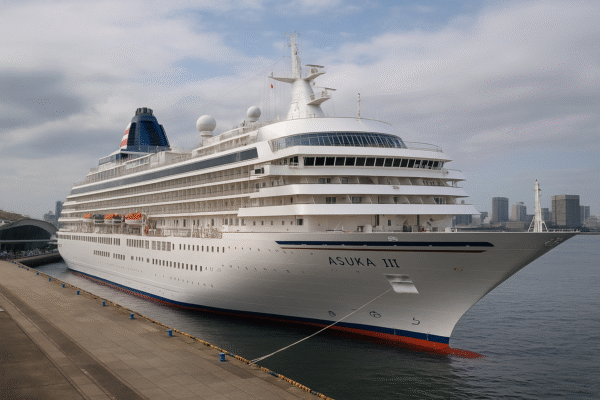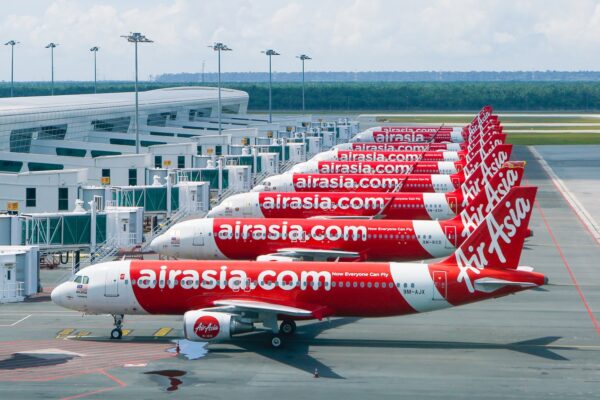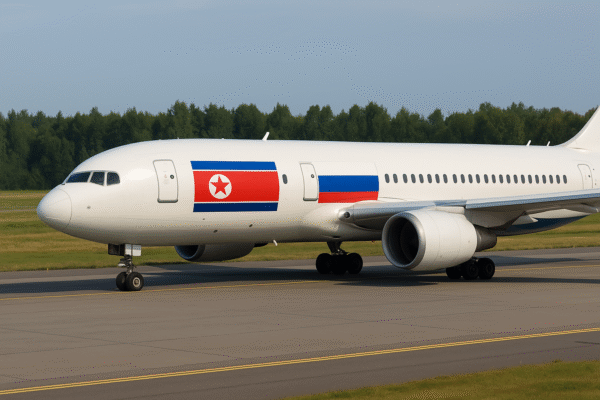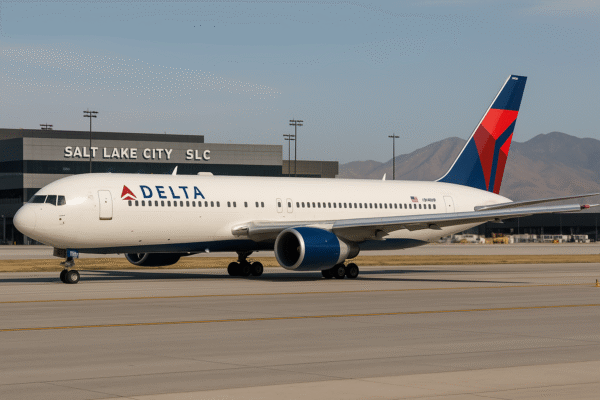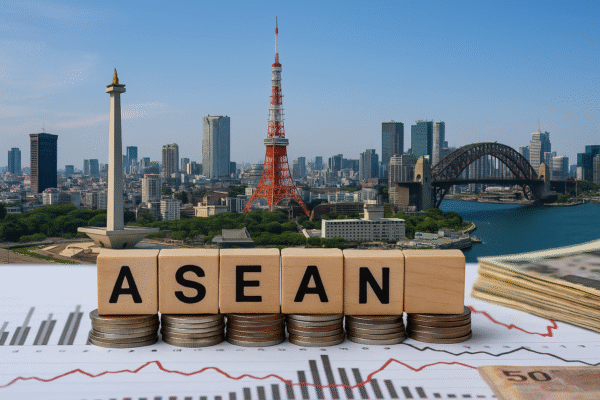Travelers planning trips across Asia-Pacific—particularly to Jakarta, Tokyo, and Sydney—are facing a new layer of unpredictability after a sweeping U.S.–Indonesia trade deal was announced on July 15, 2025. The agreement includes a 19% tariff on Indonesian exports to the U.S., part of a broader pact where Indonesia pledged to purchase Boeing aircraft, U.S. energy commodities, and agricultural products.
Though lower than the previously threatened 32% tariff, this political maneuver has already sent tremors across financial markets in Southeast Asia, Australia, and Japan—and the tourism impact is quickly becoming evident.
Mixed Market Reactions Shape Travel Budgets
Jakarta’s stock market ticked up by 0.7%, signaling domestic investor confidence. In contrast, Australia’s ASX200 slid by 0.6%, and Japan’s Nikkei rose modestly. For travelers, this signals regional currency volatility—and with it, shifting costs for airfares, accommodation, and daily travel expenses.
Jakarta: Budget-Friendly Gains
With the Indonesian rupiah weakening slightly, international tourists arriving at Soekarno-Hatta International Airport or heading to Ngurah Rai Airport in Bali can expect cheaper meals, ride-hailing services, and budget hotel stays. Travel insiders suggest locking in flexible bookings now, as uncertainty could prompt later inflationary pressure.
Tokyo: The Strength of the Yen
The Japanese yen gained value following global investor shifts toward safer currencies. This spells more expensive hotel stays, public transport, and dining for foreign tourists. Savvy travelers should consider pre-booking with price guarantees or bundling tours with hotels in Japan’s capital to hedge against rising rates.
Sydney: Watch the Aussie Dollar
The Australian dollar (AUD) dipped, increasing pressure on outbound travel from Australia. Tourists arriving from abroad may pay more for flights and packages priced in AUD. Australian travelers may opt for closer or more affordable destinations such as Vietnam or Bali, where the currency stretch is more favorable.
Flight Fares and Accommodation: Prepare for Price Fluctuations
With airlines such as Garuda Indonesia potentially benefiting from the new Boeing purchase, there is long-term potential for fleet upgrades and route expansions. But in the short term, erratic fuel costs and currency hedging could make multi-stop routes like Tokyo–Jakarta–Sydney more expensive or difficult to price.
Several booking platforms are advising users to:
- Use multi-currency travel cards.
- Opt for refundable bookings and flexible fares.
- Book fixed-rate travel bundles (hotel + tour + meals) to avoid cost surprises.
Real Traveler Experiences: Adapting on the Ground
Global travelers are already adjusting.
Emma, a culinary tourist in Jakarta, found her travel expenses 5% lower than expected. “The rupiah drop made meals and taxis in Jakarta surprisingly cheap.”
Kenji, a Tokyo resident, rescheduled his flight to Sydney after the yen strengthened, and secured a cheaper Airbnb despite a higher airfare.
Liam, a backpacker from Melbourne, shifted his trip to Bali over Tokyo after noticing the AUD’s weaker conversion rate.
What the Deal Means for the Travel Industry
The U.S.–Indonesia trade pact includes:
- The purchase of 50 Boeing aircraft.
- A commitment to $15 billion in U.S. energy imports.
- $4.5 billion in U.S. agricultural goods.
While this opens doors for better aviation infrastructure—potentially more comfortable and efficient long-haul routes from Jakarta and Bali—the timeline for aircraft delivery is long-term. However, the investment does signal Indonesia’s ambitions to modernize tourism infrastructure, making the destination more appealing in the years ahead.
Regional Trade Context and Traveler Watchpoints
This new deal is part of a broader recalibration of Asia-Pacific trade. Similar moves are anticipated with Vietnam, and observers note it could influence EU trade negotiations. Indonesia’s Coordinating Ministry for Economic Affairs said the government is targeting 5% GDP growth despite ongoing trade challenges.
Tourists are advised to stay informed:
- Monitor official tourism boards and government advisories.
- Watch exchange rates using apps like XE or OANDA.
- Consider insurance with economic disruption coverage.
Travel Smart in Times of Uncertainty
To navigate the current wave of financial shifts, travelers can consider:
- Multi-currency prepaid cards: Ideal for managing expenses across Japan, Indonesia, and Australia.
- Low-cost, flexible airfares: Airlines like Qantas and Garuda now offer fare classes with no change penalties.
- All-in-one deals: Secure prices ahead of time with bundles including transfers, tours, and meals.
- Alternative destinations: If Tokyo prices surge, opt for Malaysia or Thailand, also part of regional trade blocs like RCEP.
Final Thoughts: Turning Turbulence into Travel Strategy
While the tariff news adds uncertainty to an already complex travel planning season, it also creates new opportunities for strategic, cost-savvy travelers. From experiencing a cheaper culinary escape in Jakarta to rerouting your Asia-Pacific loop through favorable exchange zones, this is a moment where currency-smart travel decisions pay off.
Tariffs may shake the headlines, but your itinerary doesn’t have to suffer. With adaptive planning, summer across the Asia-Pacific remains not only viable—but potentially more rewarding than ever.
For more travel news like this, keep reading Global Travel Wire

